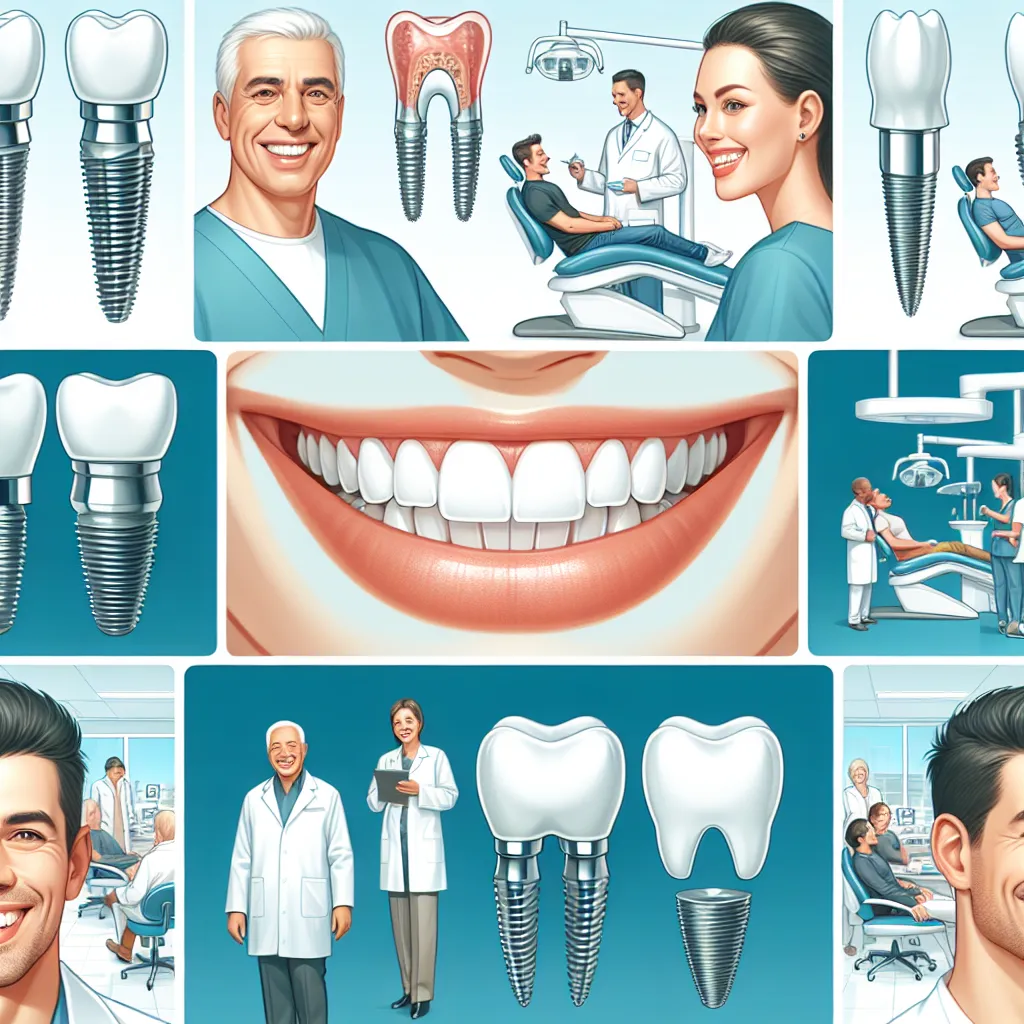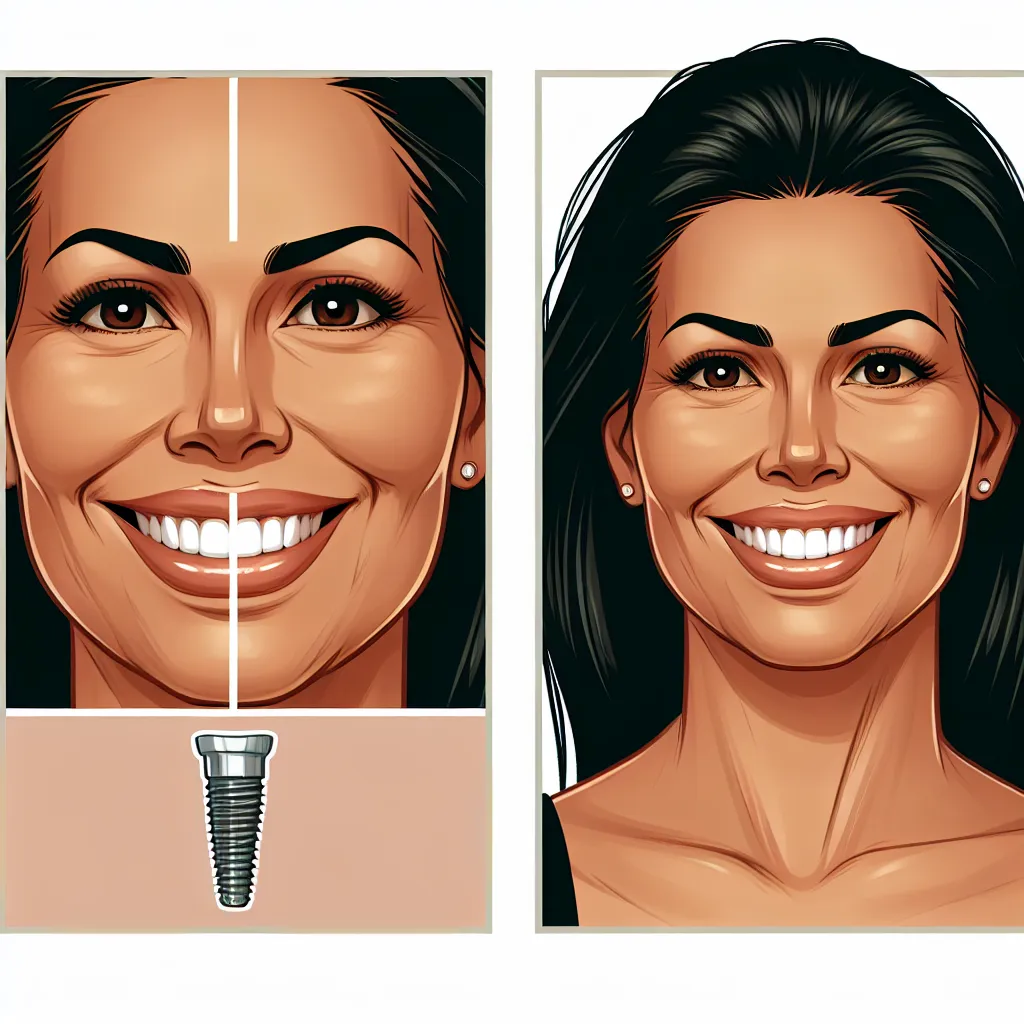Discover everything about dental implant cost, including factors, benefits, and ways to make it affordable. Get informed before your smile makeover....
Explore the real dental transplant cost, what influences it, and how to make informed decisions for your smile and long-term health....
Discover the true cost of dental implant charges, what’s included, and how to make an informed choice for your long-term oral health....



